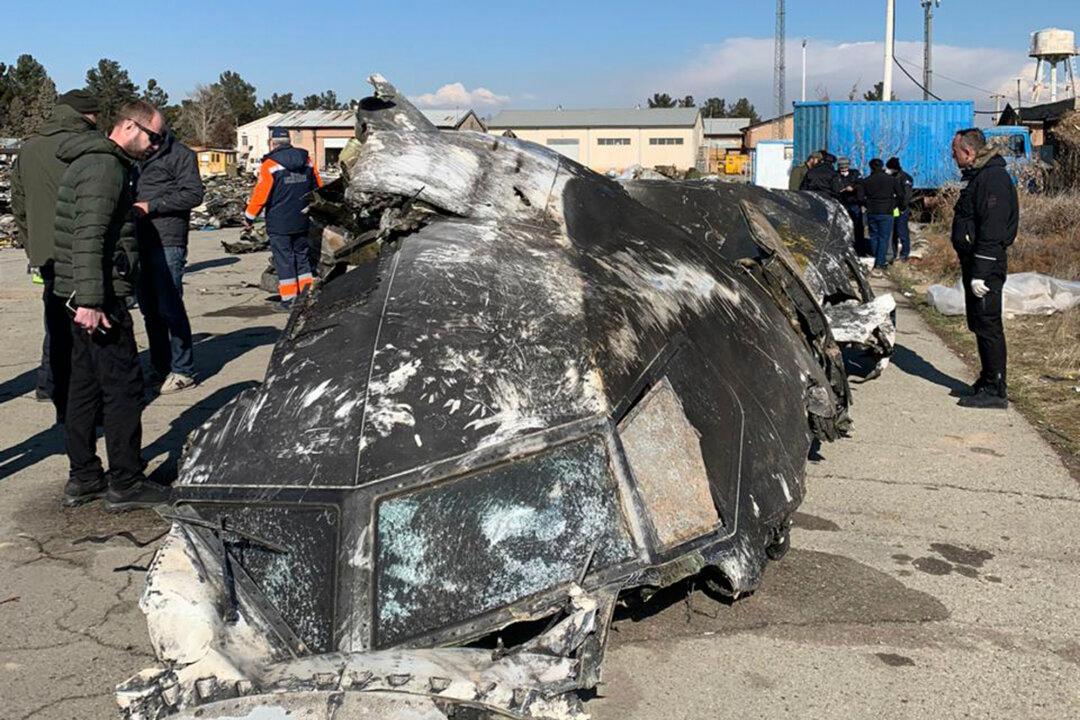Iran will send the black boxes from a downed Ukrainian airliner to France for analysis, the countries said on Monday.
Iran shot down the Ukraine International Airlines flight on Jan. 8 with a ground-to-air missile, killing 176 people, in what Tehran later acknowledged as a “disastrous mistake” by forces on high alert during a confrontation with the United States.





